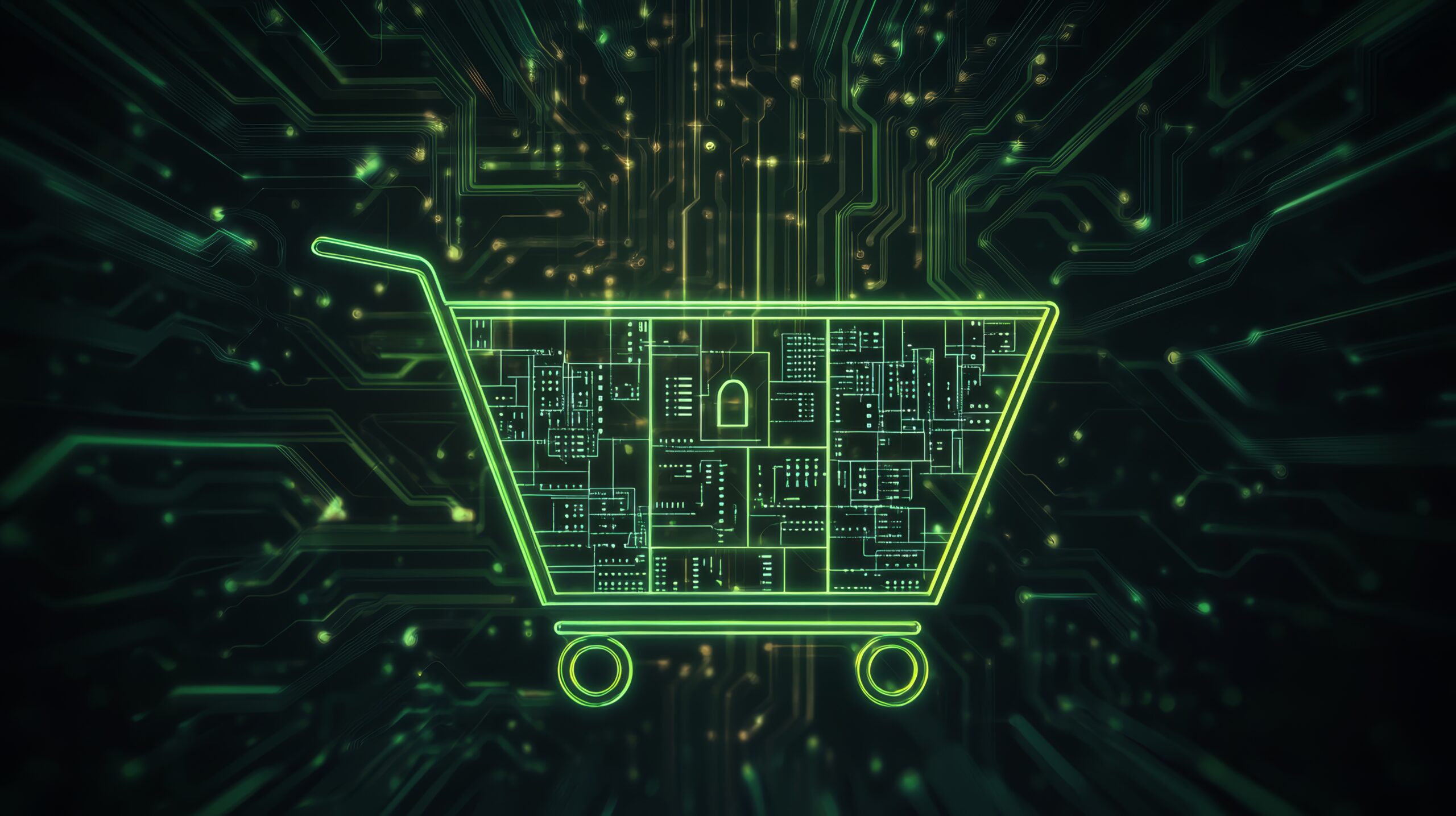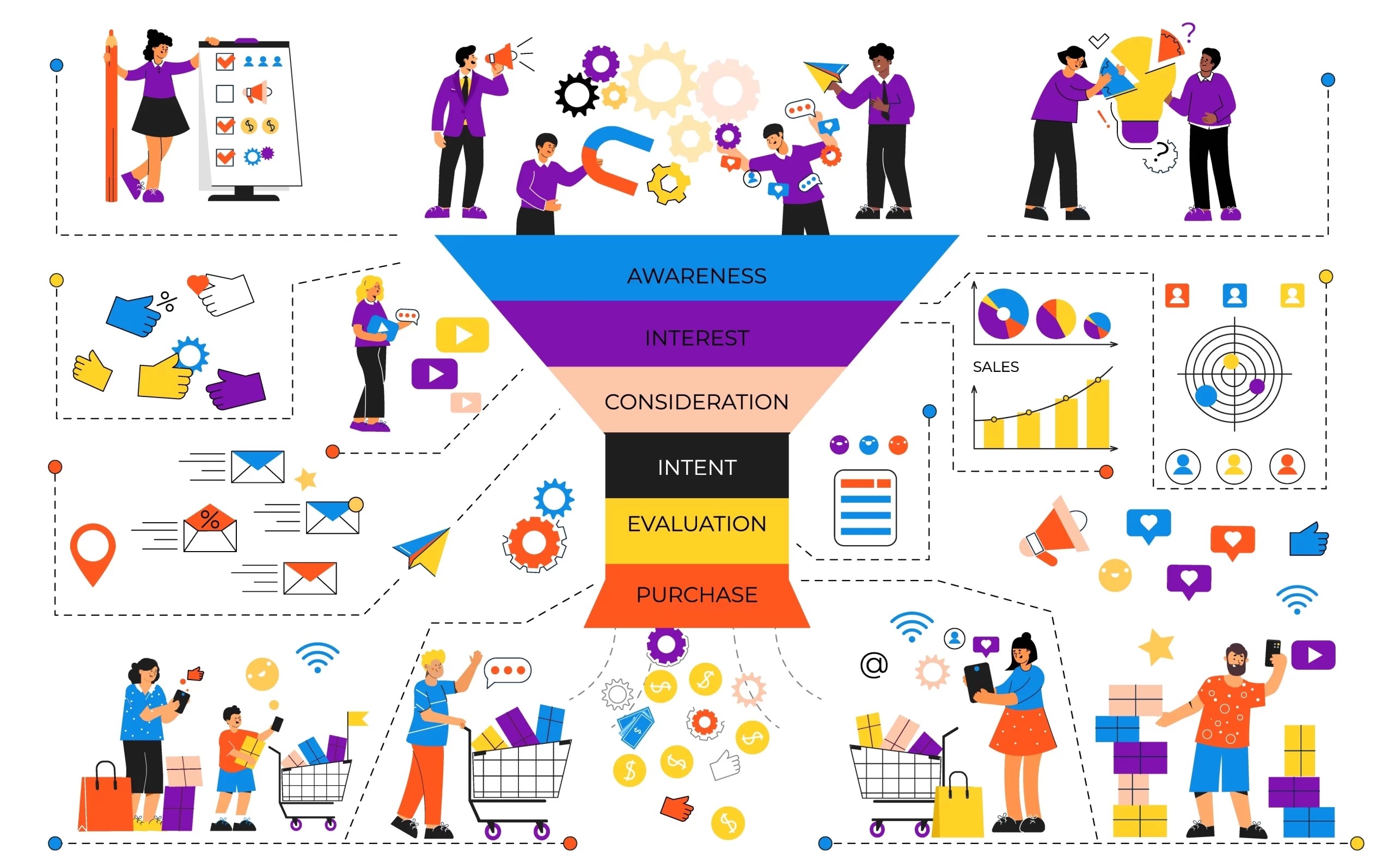The future of e-commerce is powered by AI and automation, transforming how businesses operate and interact with customers. With consumers expecting personalized experiences, faster service, and seamless shopping, integrating AI-driven solutions can increase sales, improve efficiency, and enhance customer satisfaction. In this guide, we’ll explore the best ways to optimize your online store for AI and automation in 2025.
1. AI-Powered Product Recommendations
AI-driven recommendation engines analyze customer behavior to suggest products based on:
Browsing history and past purchases.
Frequently bought together items.
Seasonal trends and predictive analytics.
How to Implement:
Use AI-powered tools like Shopify’s AI-driven recommendations, Adobe Sensei, or Nosto.
Display personalized product recommendations on the homepage, product pages, and checkout.
Leverage dynamic email campaigns with AI-curated product suggestions.
2. Automated Customer Support with AI Chatbots
AI chatbots enhance customer service by providing instant responses, handling FAQs, and assisting with orders. They reduce response time and improve customer satisfaction.
How to Implement:
Use chatbot platforms like Drift, ChatGPT AI Assistants, or Gorgias for Shopify.
Train chatbots to handle order tracking, refunds, and common inquiries.
Implement voice AI chatbots to support voice-based shopping experiences.
3. Smart Inventory & Supply Chain Management
AI-driven inventory tools predict demand, prevent stockouts, and automate restocking to optimize warehouse efficiency.
How to Implement:
Use AI-powered inventory tools like TradeGecko, NetSuite, or Zoho Inventory.
Set up real-time alerts for low stock levels.
Utilize predictive analytics to forecast seasonal trends and purchasing patterns.
4. AI-Generated Content & Product Descriptions
Creating engaging product descriptions, blog content, and ad copy manually is time-consuming. AI tools can generate optimized, SEO-friendly content in seconds.
How to Implement:
Use tools like ChatGPT, Jasper AI, or Writesonic to generate product descriptions.
Implement AI-driven A/B testing to find the most effective headlines and copy.
Auto-generate personalized emails and blog content based on customer preferences.
5. Automated Email & SMS Marketing
AI-powered email and SMS automation ensure customers receive personalized messages at the right time to increase engagement and sales.
How to Implement:
Use email automation platforms like Klaviyo, Omnisend, or HubSpot.
Set up automated abandoned cart recovery emails and SMS.
Personalize email campaigns based on browsing behavior and purchase history.
6. Fraud Detection & AI-Enhanced Cybersecurity
AI helps protect your e-commerce store from fraud, chargebacks, and cyber threats.
How to Implement:
Use AI-powered fraud detection tools like Signifyd, Riskified, or Sift.
Monitor transaction patterns for suspicious activity.
Implement two-factor authentication (2FA) and biometric verification for secure payments.
7. Dynamic Pricing with AI
AI can analyze competitor pricing, demand, and customer behavior to automatically adjust product prices in real-time, maximizing profitability and competitiveness.
How to Implement:
Use AI pricing tools like Prisync, Wiser, or Dynamic Yield.
Set price rules based on competitor analysis and demand trends.
Offer time-sensitive discounts and personalized promotions using AI
Conclusion
AI and automation are no longer optional—they are essential for e-commerce success in 2025. By leveraging AI-powered recommendations, chatbots, smart inventory management, automated marketing, and fraud detection, you can enhance customer experiences, reduce manual work, and drive more sales.
Need Help Optimizing Your E-Commerce Store?
At Cherry Fresh Designs, we help online businesses integrate AI and automation for a seamless, high-converting shopping experience. Contact us today to future-proof your online store!



